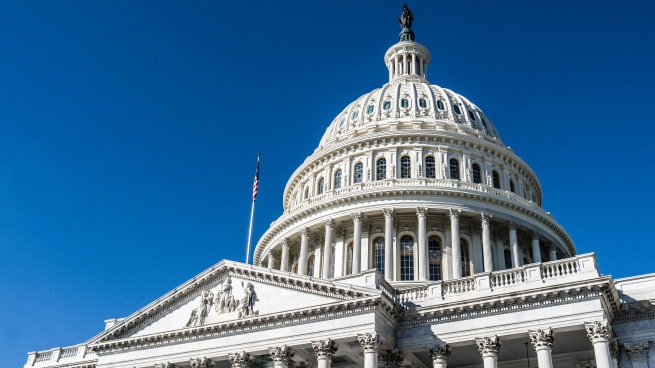{{item.title}}
{{item.text}}

{{item.text}}
November 2024
Updated results from the November 5 elections at this writing show that Republicans are projected to retain control of the House, with the minimum required majority of at least 218 Republican seats to 208 Democratic seats. Republican are leading in four of the remaining nine races that are still undecided. If Republicans and Democrats hold the seats in which they are currently leading, Republicans would have a 222 to 213 seat majority in the 119th Congress. In addition, results available as of this writing show that Republicans are set to hold a Senate majority of 53 Republicans seats to 47 Democratic seats, pending potential recounts in two races.
Control of the White House and Congress will provide President-elect Trump and Congressional Republicans the opportunity to set the direction of US tax policy and potentially act on the tax and trade policies that Trump proposed during his campaign.
2025 will be a year for significant “must-pass” tax legislation, with key 2017 Tax Cuts and Jobs Act (TCJA) individual provisions set to expire at the end of 2025 and several significant business tax provisions set to change. Failure to act would result in across-the-board tax increases on virtually every individual taxpayer and automatic increases in some business taxes.
Observation: Republican control of the White House and Congress will allow for the use of “budget reconciliation” procedures to enact tax legislation in 2025 with only Republican votes, as was the case in 2017 when the TCJA was enacted. However, the narrow margins of the House and Senate Republican majorities could complicate the ability of Republican Congressional leaders to enact all of President-elect Trump’s campaign proposals. Reaching an agreement on how to address expiring TCJA tax provisions and campaign tax and trade proposals could delay action on a reconciliation tax bill until late 2025.
The reinstatement of a statutory federal debt limit on January 1, 2025 – when a temporary suspension of the debt limit will expire – ensures that debate over the federal debt and annual federal budget deficits will confront the next Republican-controlled Congress early next year. While the incoming Trump administration’s Treasury Department can use “extraordinary measures” to postpone the need for an increase in the statutory debt limit until later in the year, the need to avert a default on federal debt obligations by enacting new debt limit legislation will focus attention on the worsening US fiscal policy outlook and could complicate debate on 2025 tax legislation.
Business leaders and individuals will need to evaluate the potential effect of the tax policies proposed by President-elect Trump on the US economy, business, and individuals.
{{item.text}}

{{item.text}}

